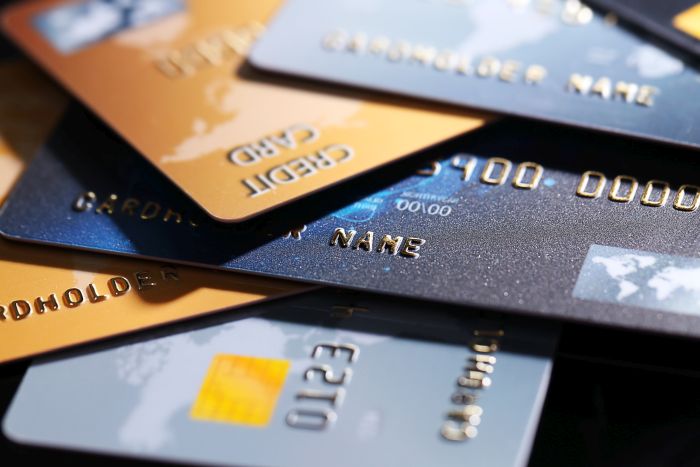, 
Americans have an average credit card debt of over $6,200. This amount is quickly rising as credit card issuers are approving higher limits, with the average being $31,000.
If you’re facing mounting credit card debt, one way to reduce it and pay it off is to consolidate it. You might have a lot of questions, such as can debt collectors take goods, or will my debt follow me forever. The trick is knowing how to consolidate credit card debt and the best ways to consolidate it.
This guide will show you how to consolidate credit card debt on your own.
How to Consolidate Credit Card Debt
There are several ways you can go about consolidating your credit card debt. The smartest thing you can do is to compare the pros and cons of each option to determine which method is the best for your financial situation.
Personal Loan
Taking out a personal loan can help you pay off several credit cards so that you only have to make one payment. You’ll also secure a lower interest rate, which will reduce the total amount you’ll owe.
If you don’t have a strong credit score, this solution can be difficult to qualify for. You may also not receive the most competitive interest rate. Missing your monthly loan payment can negatively impact your credit score.
Balance Transfer Credit Card
If you can get approved for another credit card, you could apply for one with a balance transfer promo offer. Then transfer your credit card debt to the new card. This method gives you several months interest-free for you to pay off the debt.
The downside is that if you don’t pay them off in time, you’ll owe back interest that can push you deeper into debt. You’ll also need to be able to get approved for another card with a credit limit high enough to balance your debt.
Nonprofit Credit Counseling Organization
You’ll want to make sure you only work with a counseling service that puts your best interest first. The counselor should help you create a debt management plan and negotiate with lenders to lower your balance owed.
This service could negatively impact your credit score. It also adds another monthly bill to your budget to utilize their services.
401(k) Loan
If you have a 401(k), you could take a loan against a portion of its value. There are guidelines you’ll have to follow, but the process is easy. This loan won’t impact your credit score.
However, if you don’t repay the loan plus interest accrued, the IRS will consider it a distribution. Then you’ll owe taxes on the money you took out.
Home Equity Loan
This might be the best way to consolidate credit card debt if you have built up equity in your home. You can secure a very low interest rate with this method.
The downside is that your home is used as collateral for the loan. Fail to repay the loan, and you risk foreclosure.
Consolidate Your Credit Card Debt
Now that you know how to consolidate credit card debt, you’re ready to get on track to financial freedom. Start consolidating credit card debt by choosing the method that makes the most sense for your current situation.
Choose the method that won’t put you in a financially precarious position. Consolidating your credit card debt should set you up to reduce your overall debt and get you closer to financial freedom.
Browse our other helpful articles to help you get financially on track.








